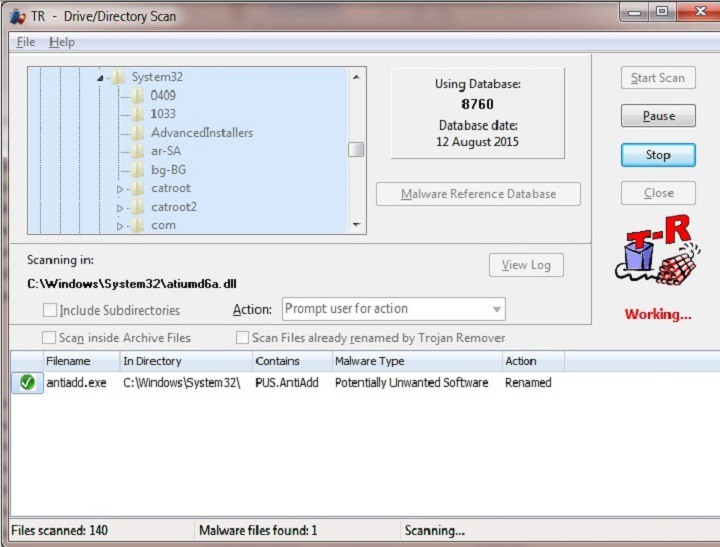
A Trojan will hide within seemingly harmless programs, or will try to trick you into installing it. Unlike viruses, Trojans do not self-replicate by infecting other files or computers. Rather, a Trojan is the decoy horse, ushering in other malicious software (malware), giftwrapped to hide its nefarious intent. Trojans survive by going unnoticed. Here are the 10 Best Hacking Tools For Windows 10. If you think that Kali Linux is the only OS (operating system) for hacking then you might be thinking wrong. Because the Due to the overexposure of hacking in the past few years, many tools have landed in the market for windows.
- Ethical Hacking Tutorial
- Ethical Hacking Useful Resources
- Selected Reading
Trojans are non-replication programs; they don’t reproduce their own codes by attaching themselves to other executable codes. They operate without the permissions or knowledge of the computer users.
Trojans hide themselves in healthy processes. However we should underline that Trojans infect outside machines only with the assistance of a computer user, like clicking a file that comes attached with email from an unknown person, plugging USB without scanning, opening unsafe URLs.
Trojans have several malicious functions −
Scp virtual bus drivers for mac. They create backdoors to a system. Hackers can use these backdoors to access a victim system and its files. A hacker can use Trojans to edit and delete the files present on a victim system, or to observe the activities of the victim.
Trojans can steal all your financial data like bank accounts, transaction details, PayPal related information, etc. These are called Trojan-Banker.
Trojans can use the victim computer to attack other systems using Denial of Services.
Download autodesk. Trojans can encrypt all your files and the hacker may thereafter demand money to decrypt them. These are Ransomware Trojans.
They can use your phones to send SMS to third parties. These are called SMS Trojans.
Trojan Information
If you have found a virus and want to investigate further regarding its function, then we will recommend that you have a look at the following virus databases, which are offered generally by antivirus vendors.
Kaspersky Virus database − https://www.kaspersky.com
F-secure − https://www.f-secure.com
Symantec – Virus Encyclopedia − https://www.symantec.com
Quick Tips
Install a good antivirus and keep it updated.
Don’t open email attachments coming from unknown sources.
Don’t accept invitation from unknown people in social media.
Don’t open URLs sent by unknown people or URLs that are in weird form.